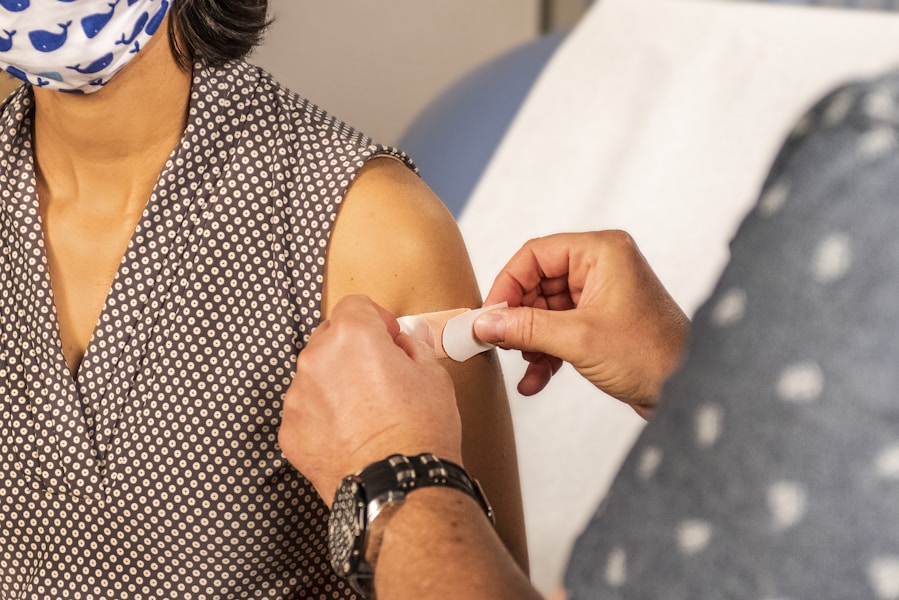As fall 2024 nears, public health officials are recommending that Americans get vaccinated against three significant respiratory viruses: COVID-19, influenza, and respiratory syncytial virus (RSV). Updated vaccines targeting the latest strains of these viruses are expected to play a key role in preventing severe illness and hospitalizations, especially among vulnerable populations.
Dr. Annette Regan, Associate Professor of Epidemiology at the University of San Francisco, wrote in The Conversation that the Centers for Disease Control and Prevention (CDC) now recommends the updated COVID-19 vaccine, which targets the KP.2 variant of SARS-CoV-2. Although the previous vaccine focused on the XBB.1.5 strain, newer variants like KP.2 and KP.3 have emerged, making the updated shot essential for broad protection.
Updated COVID-19 Shot for All Ages
According to Regan, both Moderna and Pfizer have formulated monovalent vaccines that target the KP.2 strain, with the expectation that they will also provide protection against newer variants like KP.3. The CDC recommends that individuals aged six months and older receive a single dose of the updated COVID-19 vaccine, with additional doses advised for older adults and those with certain health conditions.
For those recently infected with COVID-19, Regan suggests waiting about three months before getting vaccinated, as reinfection risks are believed to be low during that period.
Optimal Timing for COVID-19 and Flu Vaccines
COVID-19 hospitalizations and deaths have been on the rise since May 2024, particularly among older adults and infants. Health experts recommend getting the COVID-19 shot as soon as possible to protect against severe illness, Regan noted. Pregnant individuals are also encouraged to get vaccinated to protect infants too young to receive the shot.
Regarding the flu, cases typically spike between November and December, though they can sometimes surge earlier, as seen during the 2022-23 flu season. Health officials advise getting vaccinated in September or early October to ensure timely protection, given that it takes about two weeks for the body to build immunity.
RSV Vaccine for Older Adults and Pregnant Individuals
RSV, another respiratory virus that poses serious risks to young children and older adults, is also a focus of this year’s vaccination campaign. According to Regan, the CDC recommends that adults aged 60 and older, particularly those at high risk, receive one of the available RSV vaccines—GSK’s AREXVY, Moderna’s mRESVIA, or Pfizer’s ABRYSVO. Pregnant individuals between 32 and 36 weeks are also advised to get Pfizer’s RSV shot to protect their newborns.
While no additional RSV doses are currently recommended, studies suggest the vaccine provides protection for at least two seasons. For infants, the CDC recommends Beyfortus (nirsevimab) for protection during their first RSV season, with a second dose for high-risk children during their second season.
Convenience of Combined Vaccinations
Both the COVID-19 and flu vaccines can be administered during the same visit. Regan points out that this option is both safe and effective, making it easier for people to stay up to date with their vaccinations.
In the near future, combined flu and COVID-19 vaccines may become available, as several companies are developing a single shot to simplify vaccination.
With vaccines for COVID-19, flu, and RSV now available, health experts like Regan are emphasizing the importance of getting vaccinated early to avoid overwhelming healthcare systems this fall and winter.






